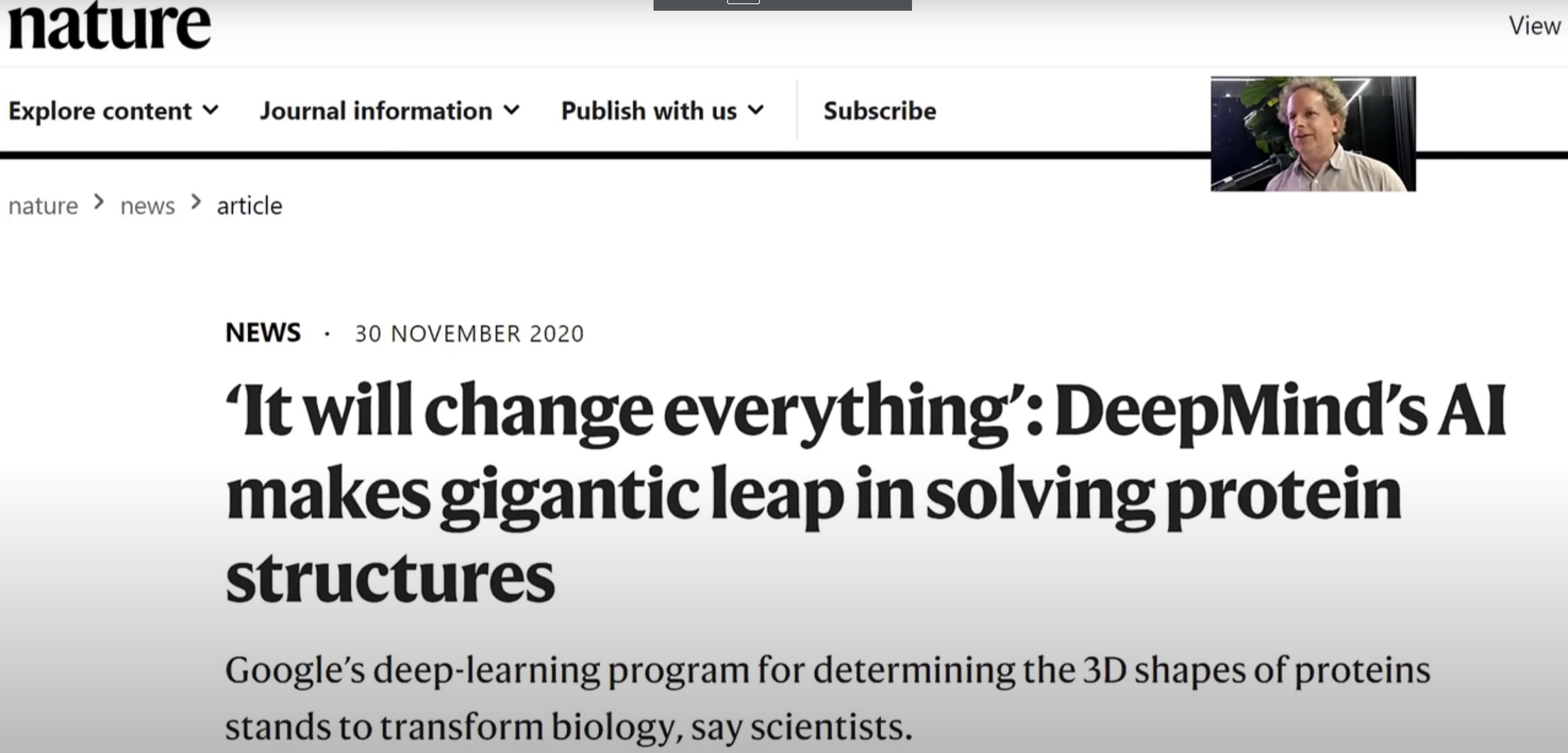20 Years of Tech Startup Experiences in One Hour by Jeremy Howard
There is no such thing as business... there is only such a thing as making things people want and selling them to them.

These are my notes from a delightful, heartwarming, and very informative talk by Jeremy Howard. So many insights and anecdotes were shared in this light-hearted talk!
There is no such thing as business
We often think — let me learn how business operates before we jump into creating one ourselves.
But all this is a fallacy. There is no such thing as business... there is only such a thing as making things people want and selling them to them.
Don't listen to old people
People had been curating collections of websites so that other people could find something on the web for years. If you approached the business people who were involved with the multitude of portals that performed such an activity, and asked them what they thought about leveraging technology to create a graph of all available networks and use it to group and suggest websites in an automated way, you would likely be laughed at. After all, humans needed other humans to organize stuff for them, it took a human touch, and this is just how business was done.
This reasoning applies to any other area — recommender systems in commerce, etc. People who run the status quo are usually not very useful to talk to about the future.
This piece of advice comes with a proviso though — there might be very experienced people who understand the current technology and ecosystem very well and have valuable thoughts about what the future might look like. These are very rare exceptions though.
In Australia, don't try to be an Australian company
Australian company vs company in Australia
Simply put, the world is a much bigger market.
Additionally, many of the Australian companies are slow-moving, so it might be hard to collect a vast number of early adopters.
The Bay Area attitude is 🔥
In Bay Area people are like: "you are trying to do X, but then they go — what if you could make an even bigger X?"
In Australia, the thinking is — "Yahoo is bigger than you, Microsoft is bigger than you, you cannot compete with them, maybe build something smaller, more focused on the local market"
This is unfortunate because creating a company requires:
- arrogance — believing you can do something better, that you can win
- humility — accepting that sometimes others might have a better idea and you should copy them
It is very hard to get started if you don't have the arrogance bit. It is equally hard to keep going if your environment douses you in doubt.
There is another line of thought that is very common in Australia — "why are you not okay with what's already there?" Contrast this with the thinking in the Bay Area — "oh it's really cool that you are trying to build this new thing".
Building a startup ecosystem not only requires changing the formal structure (universities stopping to siphon off vast amounts of equity, there being more seed financing available) but what is equally if not more important is adopting a different mindset, one that is more conducive to starting new enterprises.
Aussies are damn smart
The Australian talent pool is fantastic. There is a huge gap between ability and belief.
In the US, people are:
- way bolder
- more global (despite being in the center of the largest market in the world, no one is trying to build just a US company — "we will put this thing out on the Internet and everyone is going to buy it")
Two thoughts to rule them all
💡You only get the diversity of problems solved if you have a diversity of people solving them
💡Deep learning is a fundamental technology as important as the steam engine or the electricity
What are the two most important things to running a startup
- execution
- tenacity (seems familiar to those learning deep learning)
How to market an early-stage company
- make it very easy to use your product and to buy it
- avoid anti-marketing (situations where you make life difficult for your customers)
- media > advertising (getting something written in Wired, Washington Post, etc)
- reach out directly to media that are interested in what you are doing and tell them about it
- "media is your magic marketing tool"